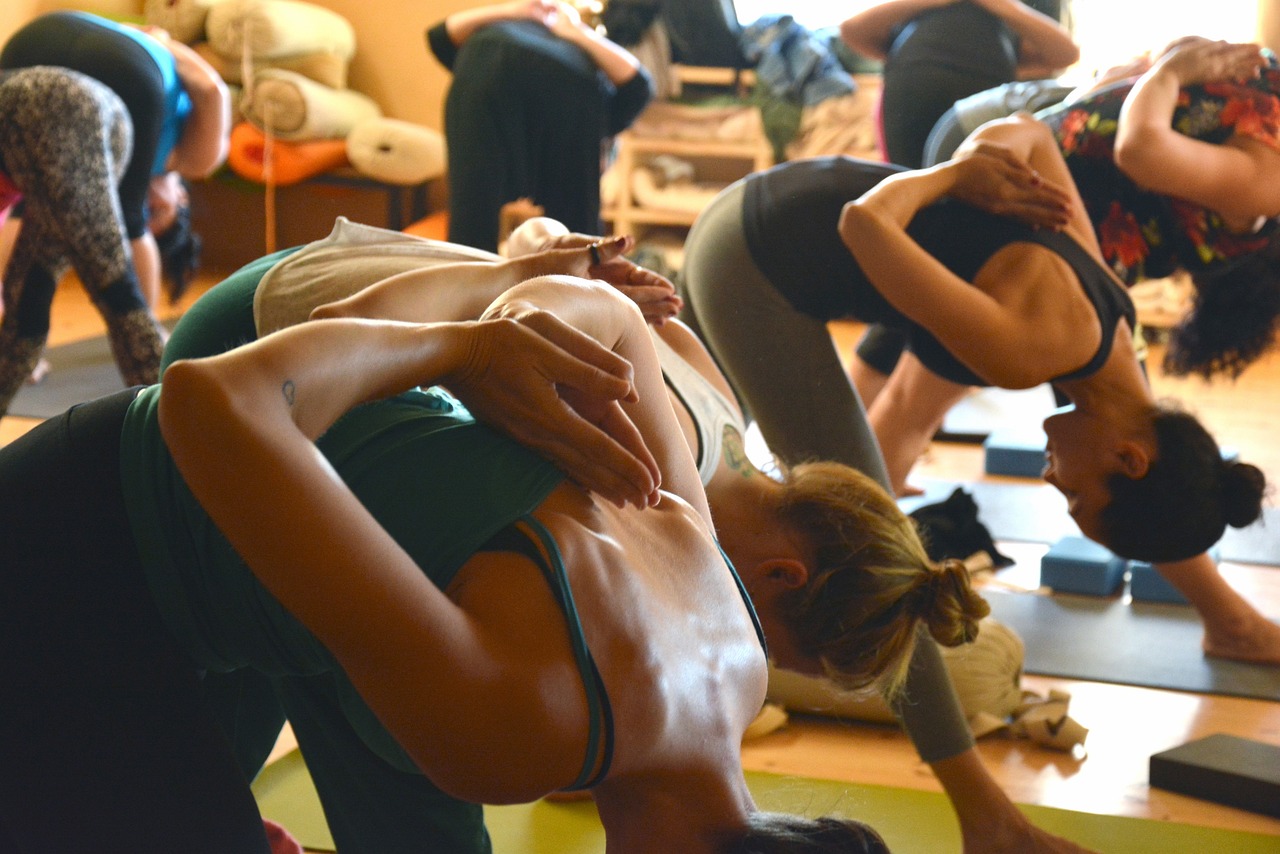Move Your Mind: How Exercise Becomes a Natural Medicine for Mental Health
In a world that feels heavier by the day, many of us are searching for something—anything—that can lift the weight off our minds. What if one of the most powerful tools for mental wellness isn’t hidden in a bottle or behind a doctor’s desk… but is already inside of us, waiting to be activated through movement?
Exercise and intentional movement are far more than strategies for physical health. They are some of the most potent—and often overlooked—forms of mental health care available to us.
The Science of Movement and Mood
When we move our bodies, our brains respond. Physical activity stimulates the release of neurotransmitters like serotonin, dopamine, and norepinephrine—chemicals that play a critical role in mood regulation, motivation, and a sense of well-being. Exercise has even been shown to boost brain-derived neurotrophic factor (BDNF), a protein that supports brain cell growth and resilience, helping to fortify the mind against depression and anxiety.
In fact, clinical studies show that regular moderate exercise can be just as effective as antidepressants for some individuals with mild to moderate depression—and with far fewer side effects.
Exercise isn’t just about moving your body — it’s one of the most powerful tools you have to boost your mood and feel better from the inside out. When you move, your body releases endorphins, those amazing “feel-good” chemicals that help melt away stress, lift your spirits, and leave you feeling more energized and alive. Even a short walk, a dance session in your living room, or a few stretches can create a noticeable shift in how you feel. Over time, regular movement builds emotional strength, helping you navigate life’s challenges with more ease and resilience. Every step you take is a step toward a brighter, stronger, and more joyful you.
Movement Reduces Stress, Naturally
Exercises Transforms Mental Stress
Had a long day at work or school? Get outside and walk it off!
Hard time adulting, today? Dance or lift some weights!
Exercise Improves Physical Stress
Exercise improves glucose regulation. By walking for 15-20 minutes after each meal, especially a carb-heavy meal, you improve your insulin sensitivity.
Building Emotional Resilience, One Step at a Time
Movement isn’t just about feeling better in the moment—it builds emotional resilience over time. Regular exercise trains both your body and your mind to handle discomfort, push through challenges, and persevere, all of which are skills deeply intertwined with mental health recovery and maintenance.
Exercise can also offer something profoundly healing: a sense of mastery and agency. When you set a goal—whether it’s walking around the block, dancing for 10 minutes, or lifting heavier weights—and achieve it, you reinforce a belief that you can make positive changes in your life.

Connection and Community Through Movement
Isolation is a known accelerator of mental health struggles, especially depression and anxiety. Exercise often provides a doorway into community and shared experiences, whether it’s joining a yoga class, meeting a friend for a hike, or participating in a local 5K. Human connection, coupled with movement, multiplies the mental health benefits and reminds us that we’re never truly alone.


It's Not About "Perfect"—It's About "Present"
It’s important to remember that mental health–supporting movement doesn’t require an intense CrossFit session or a marathon training plan. It simply requires consistent, compassionate engagement with your body.
Sometimes that looks like a sweaty spin class. Other times, it’s stretching for five minutes on the living room floor. Every step counts. Every stretch matters. Every moment you choose presence over paralysis is a victory for your mental health.
Let Us Help!
Start where you are. Move how you can. Let your body be your ally in healing your mind. Movement isn’t just exercise—it’s medicine, freedom, and hope.

